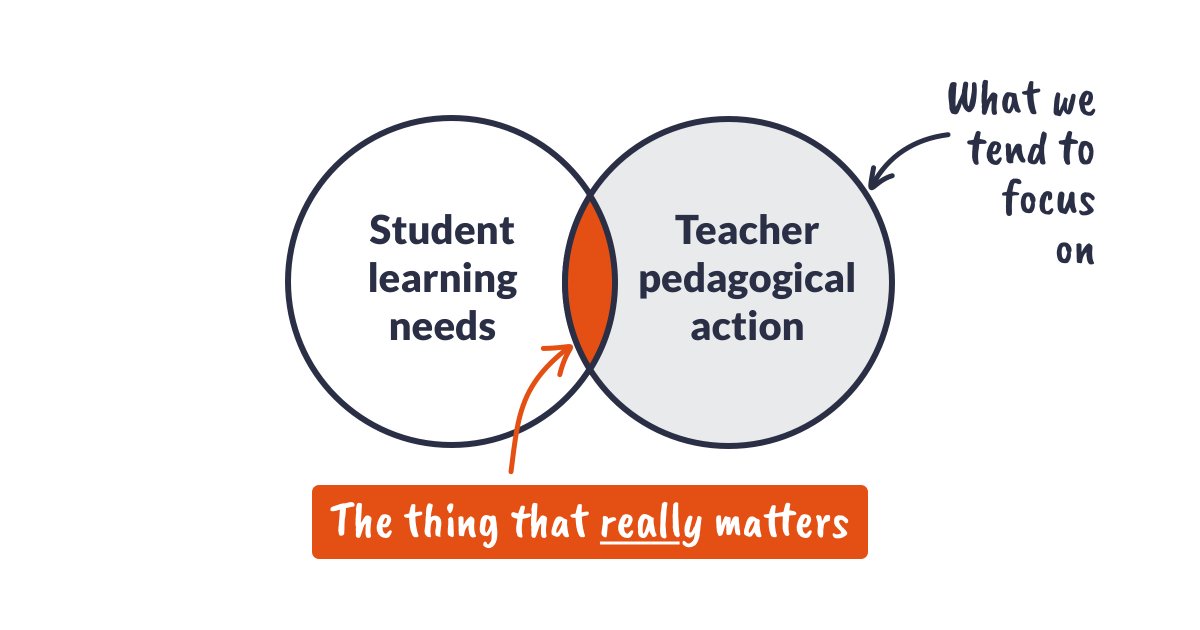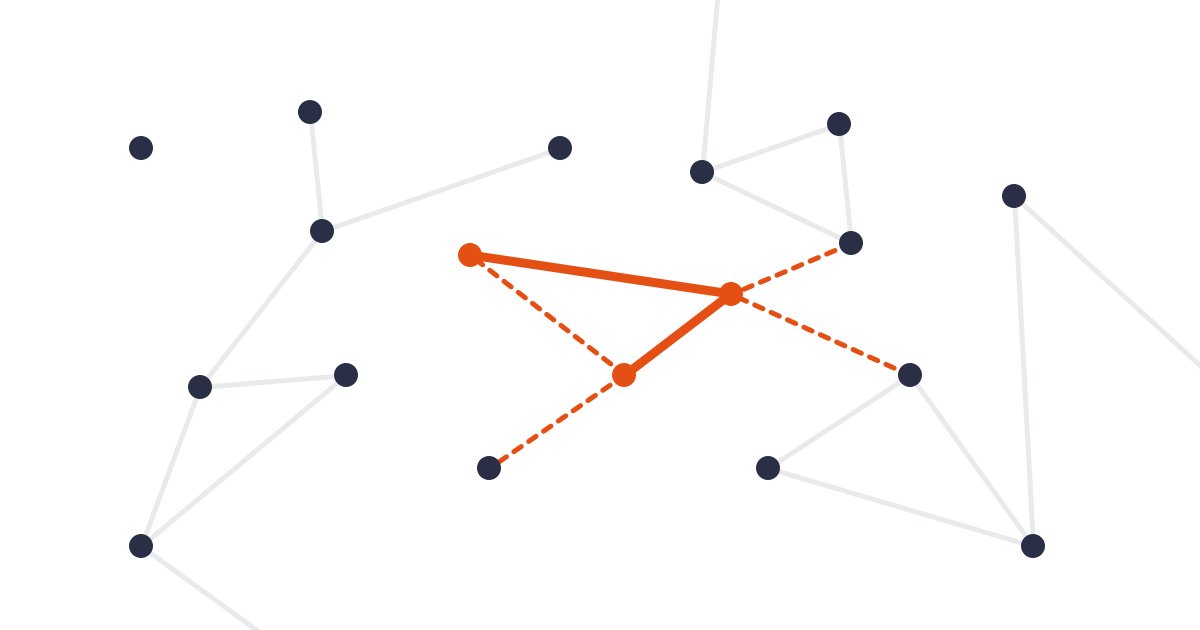For those of you interested in what edu-geeks of times past argued about, here's a selection of journal articles* from the 70s:
1/10
1/10

It's both unnerving and comforting that we are still unpacking these things in the 2020s. Some problems will likely never be resolved to our satisfaction.
*All from 'Educational Leadership', clearly a kick-ass journal. Go check it out: ascd.org/publications/e… (🔓)
*All from 'Educational Leadership', clearly a kick-ass journal. Go check it out: ascd.org/publications/e… (🔓)
• • •
Missing some Tweet in this thread? You can try to
force a refresh


















